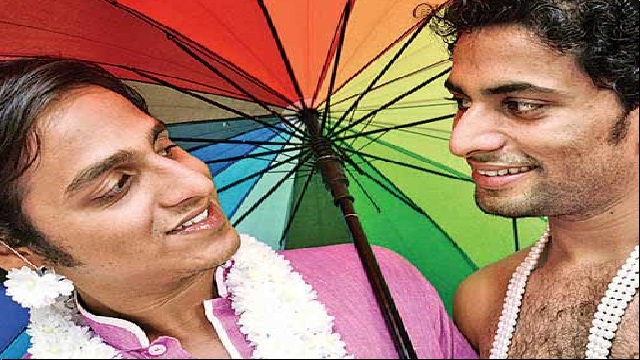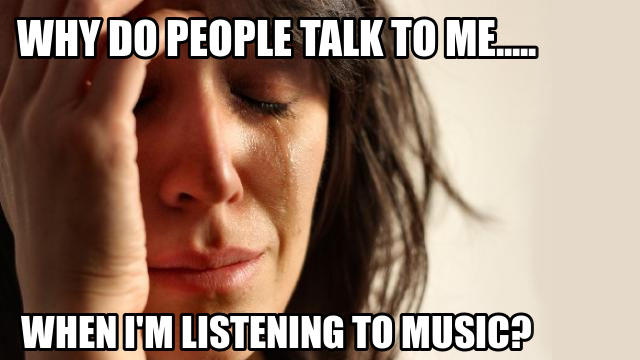By criminalising any penetrative sex that does not lead to reproduction, the Supreme Court just gave a weapon in the hands of the police to harass those who have alternative sexual orientations.
The hopes that the infamous Section 377 of the Indian Penal Code would be repealed or suitable amended suffered a severe blow today. The winds of change that seemed to be blowing turned out to be a mere whiff of blunder.
The Supreme Court set aside the Delhi High Court judgement which had decriminalised gay sex and termed it illegal on Wednesday. The apex court allowed appeals filed by various social and religious organisations for making gay sex a criminal offence.
Some lawyers had challenged the ruling in the apex court. The court’s call was taken by a Bench led by Justice G S Singhvi on his last working day. The Bench had reserved its verdict in March last year after day-to-day hearing of the case from February 15, 2012.
The case was being closely followed by the LGBT community and rights activists.
But the hopes just dashed with apex court’s ruling.
In a landmark judgment, the Delhi High Court had struck down the provision of Section 377 of the Indian Penal Code which criminalised consensual sexual acts of adults in private, holding that it violated the fundamental right of life and liberty and the right to equality as guaranteed in the Constitution.
Gays present in the court room had hailed the judgment and greeted one another with hugs.
A Division Bench of Justice A.P. Shah and Justice S. Muralidhar in its 105-page order had said: “We declare that Section 377 of the IPC, insofar as it criminalises consensual sexual acts of adults in private, is violative of Articles 21 [Right to Protection of Life and Personal Liberty], 14 [Right to Equality before Law] and 15 [Prohibition of Discrimination on Grounds of Religion, Race, Caste, Sex or Place of Birth] of the Constitution.
“We hold that sexual orientation is a ground analogous to sex, and that discrimination on sexual orientation is not permitted under Article 15,” the judgment had said.
However, the court had clarified that “the provisions of Section 377 will continue to govern non-consensual penile non-vaginal sex and penile non-vaginal sex involving minors.”
The Bench had further said that “this clarification will hold till, of course, Parliament chooses to amend the law to effectuate the recommendation of the Law Commission of India in its 172nd Report which, we believe, removes a great deal of confusion.”
It should be noted that this time too the Supreme Court has given that open end to the Parliament where the lawmakers can amend the law.
When the verdict had come last year, the Union Home Ministry had boldly described it as an “absurdity in the present day”. But the Law Minister, Veerappa Moily, took a step back and announced that the Centre was in no hurry to take such a step.
Section 377, which punishes “carnal intercourse against the order of nature” with imprisonment up to 10 years, is not specifically targeted at homosexuality. But by criminalising any penetrative sex that does not lead to reproduction, the Supreme Court just gave a weapon in the hands of the police to harass those who have alternative sexual orientations. It also stands out as a symbol of 19th century intolerance.
When the government had announced a parliamentary debate and review of section 377, hundreds of members of the LGBT (lesbian, gay, bisexual, transgendered) community were dancing and marching through the streets of five Indian cities to mark the 40th anniversary of the Stonewall uprisings in New York, now a universal symbol of gay resistance to obscurantist oppression.
Even President Barack Obama’s promise to bring the “full spectrum of equal rights to LGBT Americans” and his administration’s decision to endorse a United Nations resolution calling for the worldwide decriminalisation of homosexuality emboldened Indian LGBT community.
In an age where there is growing acceptance of the idea that LGBTs must be allowed to live in dignity and respect, it is shame that India cannot bring itself to legalise gay behaviour.





